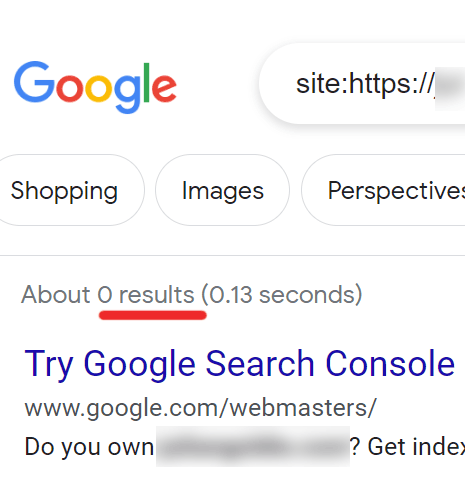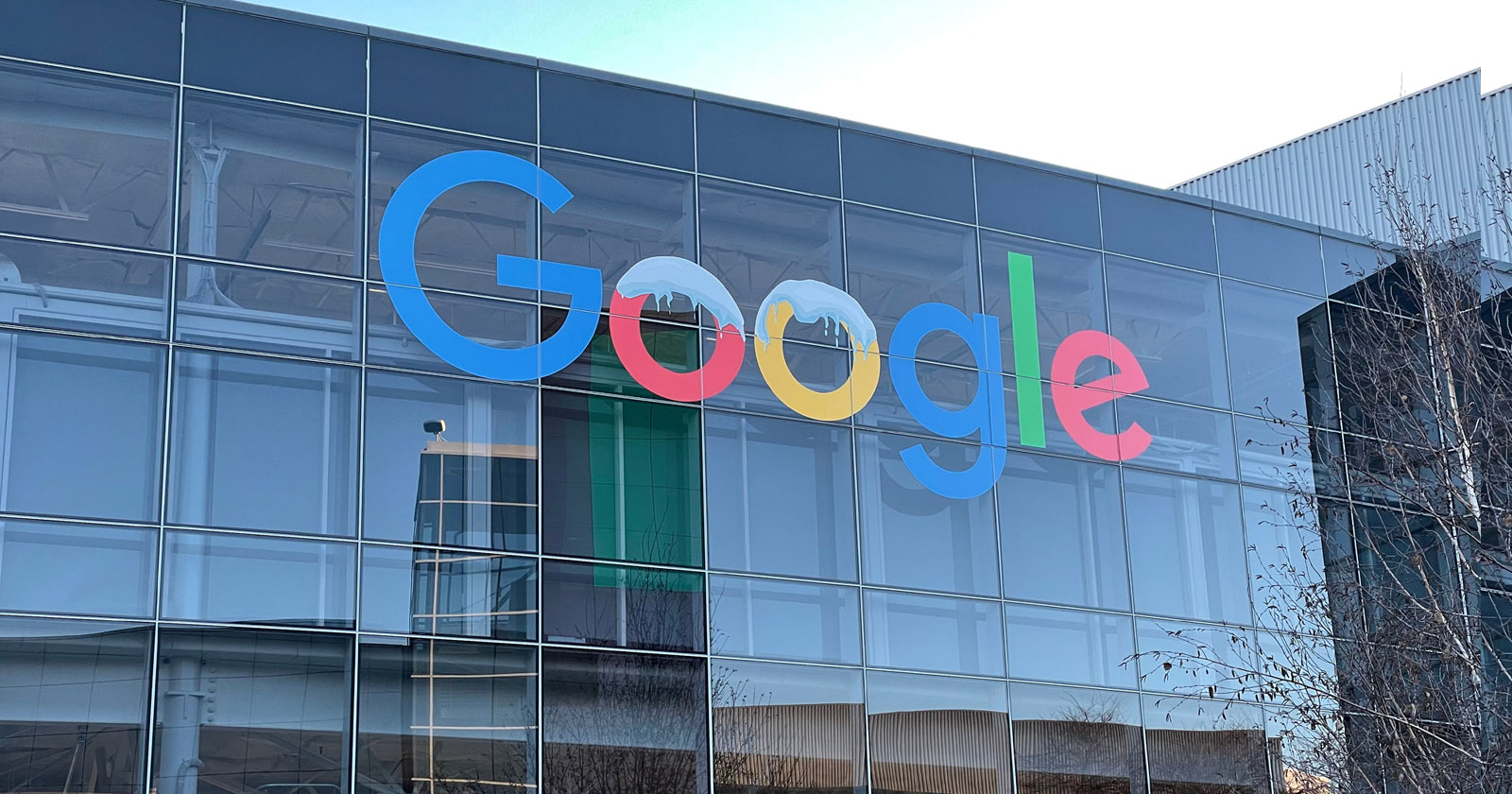Google’s algorithm is wasting no time in removing low quality sites from the search results. Anecdotal evidence suggests that the volume of sites affected by this update may reach historic levels not seen since the Panda and Penguin updates.
1. March 2024 Update Qualifies As Major
I have been around for every single Google update and in my opinion the March 2024 Core Algorithm Update is clearly on the same impact level as the Florida, Panda and Penguin updates in terms of how widespread the effects are. Senior marketers with decades of experience that I’ve spoken with all agree that this update is right up there as one of the big ones.
While the Medic update was a shift in the algorithm, what’s happening now is more than a single big shift. It’s a profound change in how sites are ranked. So it’s useful to review what’s getting penalized to understand the scope of this update.
2. Sites That Survived Previous Updates Didn’t Escape This One
Posts across social media demonstrate that Google is removing entire websites from the search results and from the search index. Some reports are from observers celebrating the removal of low quality sites that have stubbornly clung in the SERPs through past Google updates.
Other posts are by publishers who are confused by why their network of sites are entirely gone.
A post in the private Affiliate SEO Mastermind group relates the plight of a publisher whose entire network collapsed.
Key details of that post are that all eight affected sites were created within the past two years and each was about a different niche topic. The author of the post claims that the content was manually created with only a little help from AI. All websites are showing zero traffic impressions.
Perhaps one clue as to why that person’s sites were affected is that they were all in different topics, which may be an indication that the author of the sites may not have had the deep topical expertise that Google is looking for.
The person who made that Facebook post indicated they’re giving up and focusing their future efforts on YouTube.
Jeff Coyle of MarketMuse AI Content Planning tweeted that a group of sites he follows as a barometer of the effectiveness of Google’s search algorithms were finally removed from Google’s search engine results pages (SERPs).
Jeff tweeted:
“I was checking out a pool of SERPs I monitor for a collection of horrible spam sites that have been present and creeping around for 12-18 months. Many are completely deindexed, and others are hidden in filter=0 or literally bunched up at the bottom (the actual bottom, like the last findable URLs) of the SERP.”
@barelypurple responded to Jeff’s tweet:
“Some pure garbage getting demolished which is great but my main concern is that we’ll just see big sites getting even more traction.”
3. Penalties Happening Fast
Another interesting feature of this update is the speed at which sites are receiving manual actions.
@ratneshkumar684 tweeted:
“It seems @googlesearchc is very fast to implement the spam update this time.
One of my friend’s site got completely deindexed today morning.
Just now he received this manual penalty affecting all the pages.
The site was publishing news in the entertainment niche.”
Screenshot Of Manual Action Notification

Lily Ray tweeted about ten sites gone overnight:
10 websites completely removed from Google search overnight. https://t.co/eeUgmhRxXs
— Lily Ray 😏 (@lilyraynyc) March 6, 2024
Gael Breton tweeted:
“I’m seeing AI spam sites getting fully deindexed left and right right now.
It’s going to get interesting”
@PureAffiliate responded with a tweet about a self-described “link building agency” that was completely eliminated from Google’s search results.
Julian Goldie’s site has gone https://t.co/a82NQmQDVB
— Bobstack (@PureAffiliate) March 6, 2024
Screenshot Of Site Absent From SERPs

4. Inconsistent Communication About Manual Actions
Jeannie Hill (@essentialskill) posted about businesses that came to her for help who reported inconsistent messaging from Google about manual actions, with some receiving an email about it while others noticed the manual action in their Google Search Console. Interestingly, one case experienced a decline in traffic prior to receiving a message through Google’s search console.
I’ve been brought on to help some sites after they realilzed that they had a manual action. Looking at the data, most had a significant decline before the MA should up in thier GSC. A few recieved an email.
— Jeannie Hill (@essentialskill) March 6, 2024
Ollie Ryman @ollie_ryman commented about manual actions related to “abusive experiences” where the manual actions do not appear in Google Search Console and the only notification is through email.
Ollie tweeted:
@searchliaison Hi, abusive experiences do not appear as a manual action in GSC, they are only visible in the legacy webmaster tools. If someone uses a domain property, the only way they will know is if they see the email notification. Is it supposed to be this way?
— Ollie Ryman (@ollie_ryman) March 6, 2024
@tonythill shared that everyone he asked about their manual action reported that they did not receive an email notification.
Good question. Everyone I’ve asked who got the manual action said they did not get an email notification about it 🤔
— Tony Hill (@tonythill) March 6, 2024
5. Small AI Content Sites Can Receive A Manual Action
Someone on Twitter suggested that Google is able to detect AI generated content by the massive amount of content published in a short amount of time.
Google de-indexing AI sites has to be down to publishing frequency rather than content. I’m not sure how they’d do it through the content, but if a site is posting 5k articles a day and abusing the search console API for indexing then it’s an easy one to flag.
— Craig Griffiths (@Griffo_) March 6, 2024
The observation that the publishing speed can make a spam site easy to identify is correct. But the overall observation underestimates Google’s ability to catch AI generated content according to a response that the above tweet received.
@PeteReynolds_ responded to the above tweet with his actual experience with a small site that contains AI generated content that wasn’t competing for anything and was basically just sitting around. That seemingly inconsequential site received a manual action.
Pete tweeted:
I have a site that has just 8 articles on it, published one year ago. Was 100% AI, and just intended to warm up the domain in case I ever wanted to pursue the project.
It’s the only site in my portfolio that has got the manual action.
— Pete Reynolds (@PeteReynolds_) March 6, 2024
Something else to consider is that statistical analysis uses more than just one data point (like the speed of content posting). The accuracy of statistical analysis is increasingly accurate with multiple data points and this has been a feature of statistical analysis in search engines for almost twenty years.
6. Old Sites Getting A Manual Action
Another facet of this update is that it’s affecting older sites that haven’t previously received manual actions.
@simransingh931 tweeted:
“Even one of our websites got hit with a manual penalty.
I started it in 2013, a brand new domain, that ranked well and was receiving good traffic over the years. Today I got a manual penalty for it.
No Spam, Articles written by trusted authors, everything from screenshots to content was our own.
I thought it was just us, but searched and found this and a few other threads.”
Takeaway: Reflection Before Action
The breadth and scope of the manual actions reported by the search marketing community validate Google’s announcement that the update contains a major change to their ranking systems and algorithms.
The Florida, Panda and Penguin updates introduced new technologies that exposed weaknesses in common SEO tactics of their time. Search marketers responded with a period of recalibrating search strategies in order to identify the next best path forward.
This update will take a full month to roll out. My opinion, is to familiarize yourself with the sites that receive manual actions in order to understand patterns common to penalized sites. But also, as ever, the most obvious problem that stands out isn’t necessarily the most serious problem.
The entire search marketing industry is waiting and watching. Remember to breathe.
Featured image by Shutterstock/1000Photography
